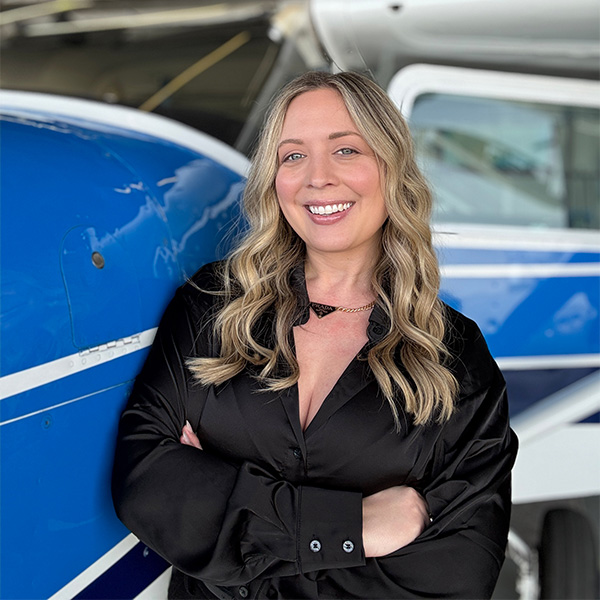NASA, Xwing to develop autonomous flight standards
NASA and aviation automation company Xwing announced a three-year contract to identify and evaluate safety risks and create infrastructure standards for the future of autonomous aviation.
Through this contract, NASA’s System-Wide Safety Program (SWS) seeks to establish what impact autonomous aircraft will have on national airspace and with that data, be able to contribute to the development and safety of those systems.
Driven by what Xwing founder and CEO Marc Piette calls the “unfulfilled potential of general aviation,” Xwing was founded in 2016 and in 2021, the company performed the first fully automated gate-to-gate operation of its modified Cessna Caravan.
The company also operates as a Part 135 air carrier, flying more than 400 weekly cargo operations for UPS with its fleet of unmodified, pilot-flown aircraft.
One of the main projects Xwing is working on with SWS is its vision based autoland technology that will enable aircraft to autoland at any airport, regardless of whether the airport has precision instrument approaches. Data collected by Xwing during test flights and eventually through the company’s Part 135 operation will help NASA and Xwing developers quantify how the technology will perform in different kinds of environments, like inclement weather, lighting conditions, or different types of airports.
If Xwing receives a supplemental type certificate for its sensor suite, the company plans to outfit its Part 135 aircraft to collect additional data from different types of airports and runways.
Data collected through this collaboration, Jesse Kallman, vice president of commercialization and strategy at Xwing, explained, will help NASA inform the FAA on different types of autonomous operations, their safety implications, and why the FAA should allow some autonomous operations to scale across the U.S. airspace.
Data collected for the company’s vision-based autoland system will also be used to “evaluate techniques and assurance processes related to aircraft localization and Global Positioning System (GPS) enhancement,” Xwing said in a statement.
Xwing has entered into a broader agreement with NASA that allows the company to work collaboratively across several NASA organizations, the first being SWS.
“Our team is excited to support this critical work at NASA to ensure autonomous systems are safely able to operate in the NAS,” Kallman said. “Both the data we provide to NASA and data we receive will enable us each to advance our capabilities and build a more robust safety case for the technology.”



